The Council consults on LLNL’s overall data science strategy and helps to execute DSI activities.

Brian joined LLNL in 2014 as a postdoctoral researcher and is the principal investigator of an LDRD Strategic Initiative on digital twins for virtual inspection of advance manufacturing as well as technical lead on several advanced analytics and additive manufacturing projects. Giera’s research interests include additive manufacturing, digital twins, machine learning, in situ process monitoring, computational materials science, molecular dynamics, electrophoretic deposition and hyperspectral imaging—all with a focus on developing and applying physics-based and machine learning models to a variety of advanced manufacturing systems. Giera has a passion for LLNL’s diversity, equity, and inclusion efforts and works closely with the Strategic Diversity group to advocate for neuro-diverse and hearing or visually impaired individuals. He holds a B.S. in Chemical Engineering from Purdue University and a Ph.D. in Chemical Engineering from the University of California, Santa Barbara.
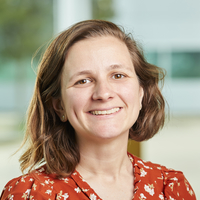
Cindy leads the Intelligent Detection, Exploitation, and Analysis Group in LLNL’s Global Security Computing Applications Division, where her research interests include using machine learning for automatic target recognition and detection in unconventional types of imagery. Cindy works collaboratively to develop, implement, and promote LLNL’s strategic vision in data science, both internally and externally.

Peer-Timo holds a shared appointment at the Center for Applied Scientific Computing and the University of Utah. His research interests include large-scale machine learning, data analysis, medical image analysis, topology, and visualization.
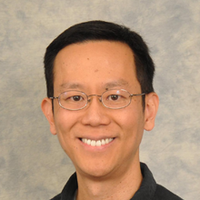
Barry is the PI for several machine learning research projects devoted to the development of new neural network learning algorithms that address recurring challenges in scientific and security applications such as multimodal data and the scarcity of labeled data.

Ryan’s research is on networked autonomous systems, including algorithms for decentralized detection/estimation and cooperative behaviors for multi-agent systems. He leads multiple projects in emerging technical areas such as collaborative autonomy and adversarial AI.

Goran works in LLNL’s Computational Engineering Division. and served as director of the Data Science Summer Institute from 2018 to 2022.
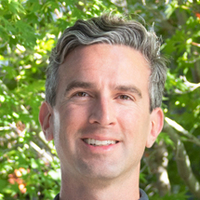
Dan leads the Machine Intelligence Group in LLNL’s Center for Applied Scientific Computing. His research focuses on Bayesian inference, causal inference, experimental design, statistical computing, and probabilistic programming.
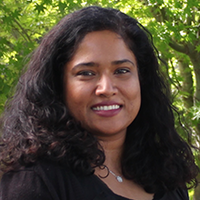
Nisha’s research lies at the confluence of biology, computer science, and statistics. Her work in LLNL’s Bioinformatics Group includes enhancing the Lawrence Livermore Microbial Detection Array (LLMDA) system with detection capability for all variants of SARS-CoV-2, as well as analyzing mutations in SARS-CoV-2 proteins to support future discovery of therapeutic compounds.

Michael leads a team within LLNL's Physics Division in science exploitation of the Large Synoptic Survey Telescope (LSST) for studying dark energy, dark matter, and the solar system. He serves as PI on internal and external projects in the areas of data analytics, computation, and sensor development.
Former DSI Council Members

Michael served as DSI Director from 2018 to 2023. He is the PI for several internal and external projects related to overhead imagery, machine learning, data compression, and system development. He also serves as Associate Program Leader for the Collection Systems Innovation program in Global Security.
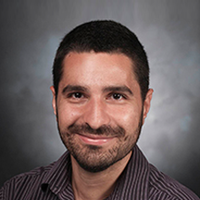
Daniel is the PI on projects that combine simulation, real-world experiments, data-driven methods, and decision science to accelerate scientific discovery and provide novel solutions. His expertise includes agent-based modeling, stochastic optimization, deep reinforcement learning, and active learning.
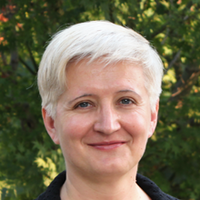
Ana, formerly of LLNL, is currently division director for Lawrence Berkeley National Laboratory’s (Berkeley Lab) Scientific Data Division (SciData) in the Computing Sciences Area (CSA).




